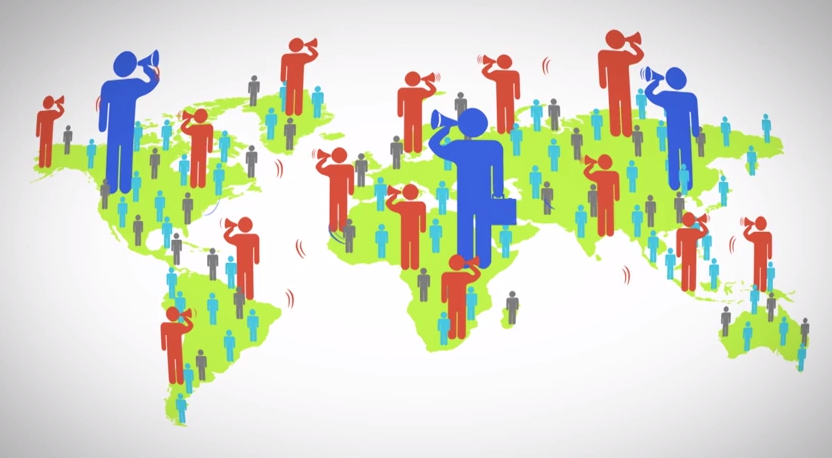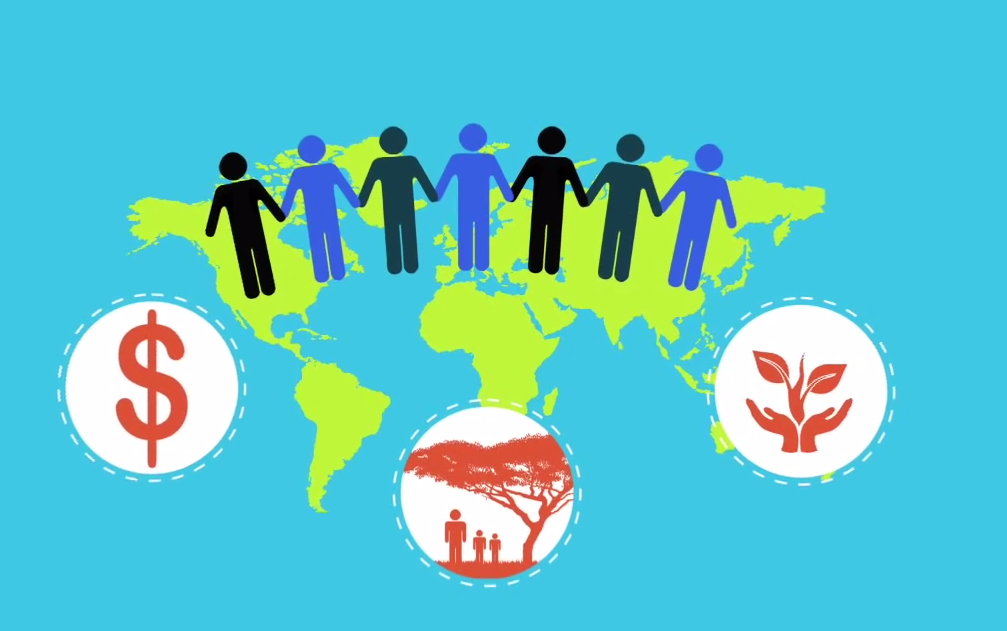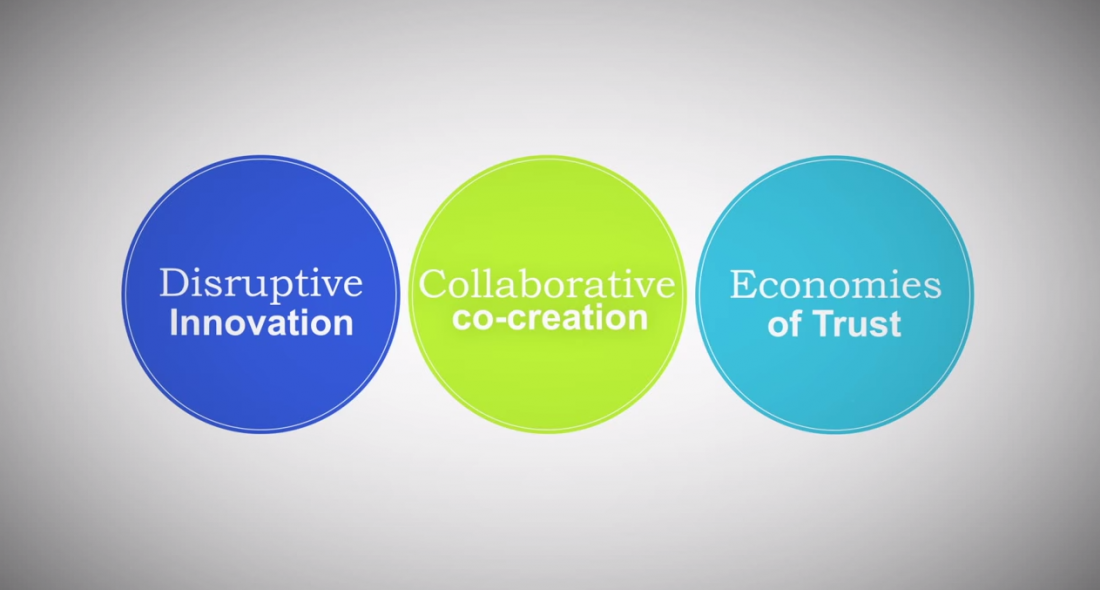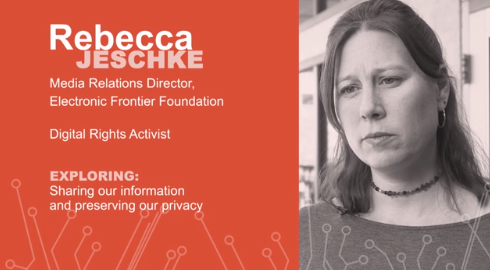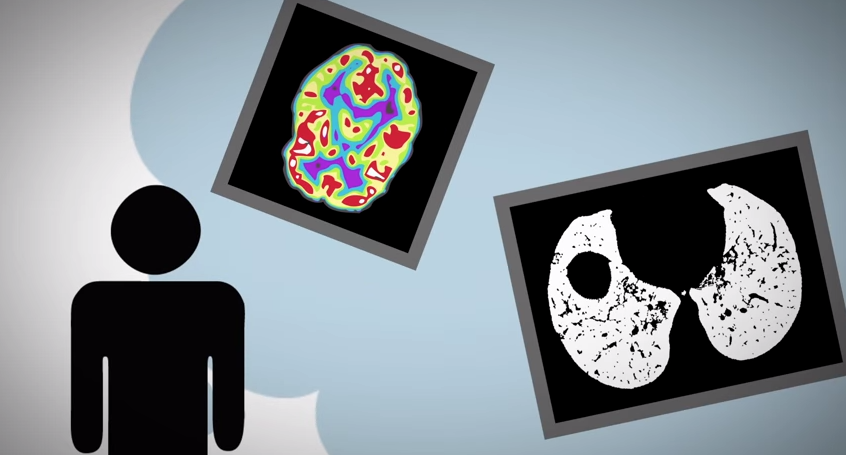
Pull #3: How Technology is Changing the Health Care Conversation
The following content is from Pull, an online series about how technology is transforming the conversation.
Pull was produced in partnership with TVO’s The Agenda. Originally published in Summer 2013.
Sensors Monitoring Everything About Our Health
How can you tell if your car is healthy? Chances are you don’t think about it too much until your engine light flashes, and then you head to the dealer to get it checked out before the car stalls on the highway.
Imagine if you had a “check engine light” for your body, so that instead of waiting until we feel really bad before we go to the doctor, we see them at the onset of a serious illness.
Sound a little bit like science fiction?
Well, not according to Ogilvy CommonHealth’s John Nosta. If you’re scratching your head thinking, “Ogilvy …” — yes, it’s that Ogilvy, the advertising and communications giant. Nosta bills himself as a translator of health care’s future — and it revolves around sensors and big data. Products like the Nike+ FuelBand are part of the first wave: it measures your activity patterns, compares them to your goals, and connects that information to your Facebook page.
Khan Siddiqui, founder of higi, is taking that idea one step further, essentially updating those drugstore blood pressure monitors to incorporate activity measures and general health and wellness data, giving users a single “higi” wellness score. Higi is essentially encouraging users to improve their health by using a monitor that is integrated with an online and mobile app. One day, we all may strive to achieve a “higi” score of 900 — a measure of fantastic health.
Companies like Medtronic, which manufactures pacemakers, are looking at embedding sensors into everyday objects. That includes a watch or belt which could monitor and track the blood-sugar levels of diabetics, or built-in sensors in a toothbrush that send an alert when a cavity is forming. All that information can then be shared simultaneously with your health care team, helping keep you healthy before there’s a big problem.
While sensors are entering our lives, connecting that information to the doctor’s office is a bit more of a challenge. Health care almost seems immune to the Internet revolution. Have you ever tried to email your doctor? Only 6 per cent of Canadian doctors can book an appointment online. Only 11 per cent of doctors will refill prescriptions online. Chances are your patient profile is in a paper folder, in a big file cabinet behind your doctor’s receptionist.
So how are we going to connect electronically with our doctor when even email is a foreign concept?
Canada Health Infoway diligently works on implementing electronic health records (EHR) in communities across Canada. But a fully integrated EHR is at least a decade (and billions of dollars) away.
The situation’s not much better in the United States. StartUp Health’s co-founder Unity Stoakes sees a complicated system that almost prevents access to your patient information. So how does Stoakes suggest we fix the problem? He envisions the system being re-invented, piece-by-piece, so network technologies are introduced to health care by innovators and technologists.
Like Nosta, Stoakes envisions a connected future where there will be sensors everywhere — on your steering wheel, your airplane seat, in your clothes — seamlessly collecting data; data that you can share with your doctor. Ideally, data the health care system can use to alert you to risks, improve your health, and monitor flu outbreaks or the spread of a virus.
A little pie-in-the-sky? Maybe. But Stoakes has a number of heavyweight investors behind him, including Mark Cuban, who owns the NBA’s Dallas Mavericks. They’re working to create a start-up academy at startuphealth.com, connecting doctors with investors, technologists, customers — basically anyone who cares about innovation in health care.
Stoakes sees an incredible decade of innovation ahead where health care is re-imagined, one innovation at a time.
Cynics will cite the health care system’s inertia as a barrier to Stoakes’ grand vision. But with costs spiraling out of control, an aging population, and obesity and diabetes epidemics looming, policy-makers are looking for innovative ways to solve problems.
So maybe, we’ll be connecting that data from your Nike+ FuelBand with your doctor’s office sooner than you think.

